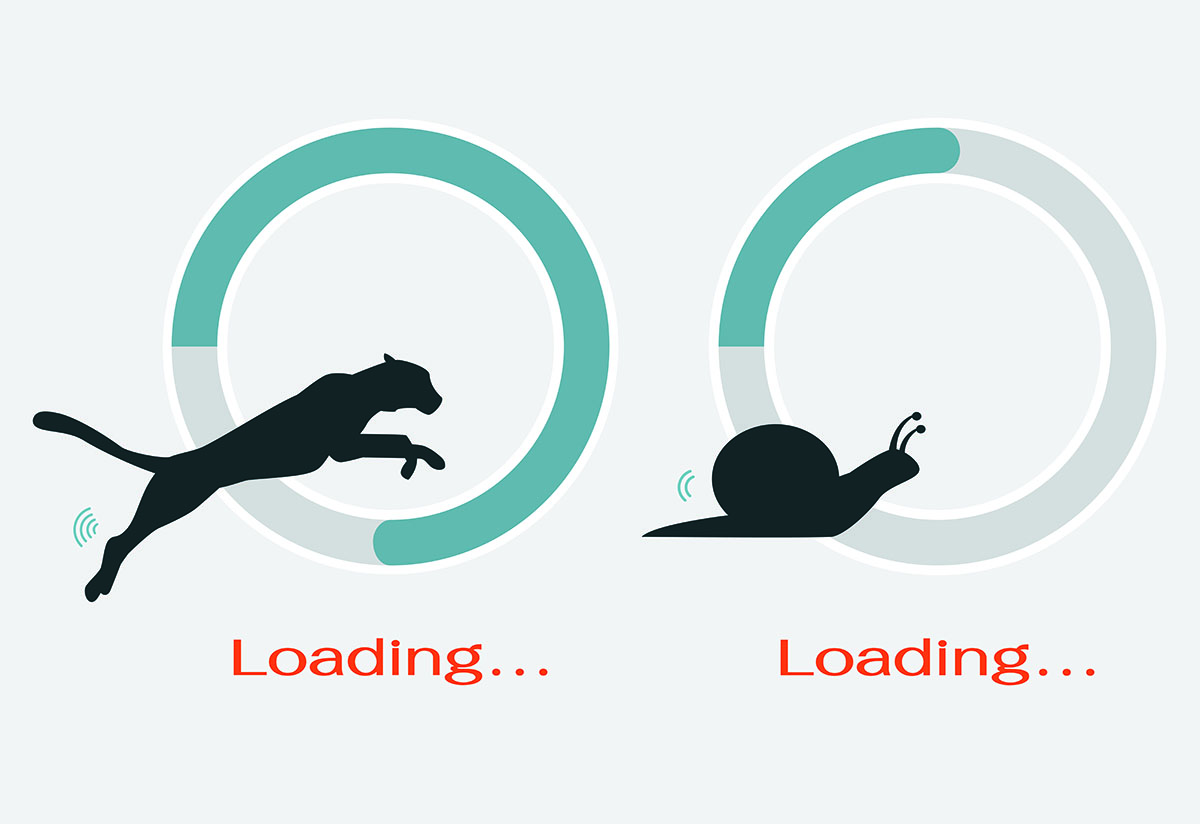
How adjectives and adverbs and work
English fluency sometimes comes down to the way you jazz up your nouns and verbs with adjectives and adverbs to make your sentences more interesting.
Quick, quickly, slow, slowly, essential, essentially, financial, financially, sudden, suddenly, exceptional, exceptionally – adjectives and adverbs add style and personality to your language.
The great thing about English is that it is so easy to invent your own, you just have to know the tricks
An adjective adds information to a noun. (Describes a noun)
For example: pretty girl, tasty sandwich, stylish clothes, interesting article, terrible headache, repetitive data
An adverb adds information to a verb or an adjective
For example: run slowly, go occasionally, quite boring, walk together, exceptionally interesting, act wisely
We can make lots of adverbs by just adding “ly” to an adjective
A quick answer (adjective+noun) / to answer quickly (verb + adverb)
A slow train (adjective+noun) / to move slowly (verb + adverb)
Financial crisis (adjective+noun), financially secure (adverb + adjective)
Essential information (adjective+noun) / essentially useless information (adverb + adjective + noun)
exceptional quality (adjective+noun) / exceptionally made (adverb + verb) /exceptionally well made (adverb + adjective + verb)
p.s. a noun is a person (john, CEO, twins), place (kitchen, countryside, meeting room), thing (computer, bank statement, paper) or abstract idea (information, data)
well done if you got down to here.
For tips on using adjectives in English language resumes read here
And here’s a quick quiz http://www.usingenglish.com/quizzes/33.html
maka language training
www.makaitalia.com


